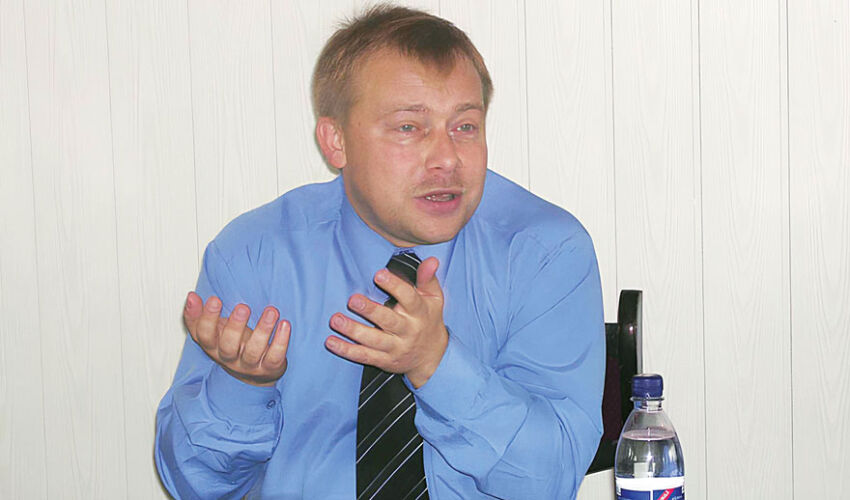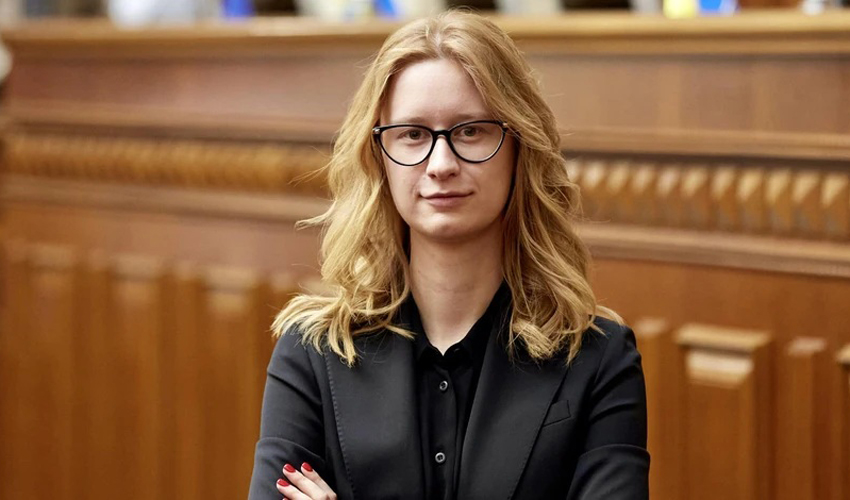
Sergey Temrin, Director of Concept Audit Company
The Insolvency Law was adopted in 2012, and a few years later accountants were directly confronted with its provisions. Before its adoption, most entrepreneurs believed that they were sheltered under the umbrella of a legal entity and their personal assets were safe, but with its emergence and active use, the situation has changed radically. Now, if a legal entity goes bankrupt and the debtor company’s assets are not sufficient to satisfy the creditors’ claims, the law allows for the collection of debts from the personal property of the director, founders or chief accountant of the debtor company.
According to Article 15(1) of the Insolvency Law, persons influencing the management of the company, namely “founders (members), members of the executive body or other persons entitled to give instructions binding on the debtor or who may otherwise influence the debtor’s actions (willful insolvency)” are subject to subsidiary liability.
“The chief accountant may well be among such persons,” says Sergey Temrin, director of the Concept audit company. – Although, in my opinion, in this law the circle of persons subject to subsidiary liability should be more precisely and definitively spelled out in order to prevent ambiguous interpretations. For example, does a chief accountant who does not have a second signature in a bank belong to the persons who “influence the debtor’s actions”?
The chief accountant risks personal assets, primarily if the company cannot pay its debts and goes bankrupt. This requires proof of his influence on the actions of the debtor company. The risk is higher if there are documents confirming his participation in the actions (direct or indirect) that led to insolvency. It is necessary to prove that it was the accountant’s actions or inaction that caused the bankruptcy.
In this sense, the article of the Criminal Code “Intentional insolvency” is used. According to the document, this action, which caused damage in large amounts, is punishable by a fine of 300 to 600 cu.u. or imprisonment for up to 2 years. The same act committed by two or more persons is punishable by a fine of 500 to 1000 cu.u. or imprisonment for up to 3 years.
Another article of the Criminal Code “Fictitious Insolvency” presupposes a fine of 300 to 600 cu.u. or imprisonment for up to 3 years. The same action, but committed by two or more persons with damage on a particularly large scale, is punishable by a fine of 500 to 1000 U.S. dollars or imprisonment for 4 years.
According to the Criminal Code, for forgery of accounting documents an accountant is punished by a fine of up to 1,350 U.S. dollars or unpaid labor in favor of society for a period of 180 to 240 hours. Or imprisonment for up to 3 years. For the same acts committed in the interests of an organized criminal group, a fine of up to 1,850 U.S. dollars or imprisonment for a term of 3 to 7 years is imposed. In all these cases, those prosecuted are deprived of the right to hold certain positions or engage in certain activities for a period of up to 5 years.
In Moldova, accountants who have not worked in a company for several years but appear as chief accountants in the STS database are often brought to subsidiary liability. As a rule, this applies to small firms that have business problems. Managers go abroad, and have to answer to those who are found by the tax service. They are dealt with by employees of the department for combating tax violations of the STS and bailiffs.
I believe that the founders and directors of companies should be responsible for their debts, because the law, according to which it is necessary to report to the founder, does not work here,” says Dorin Moldovan, director of Audit exact. – Those who sign financial documents and thus bring the company to the situation of bankruptcy. There is a director with the right of first and second signature, a founder who signed loan agreements. Those who benefit from the business should be held accountable.













